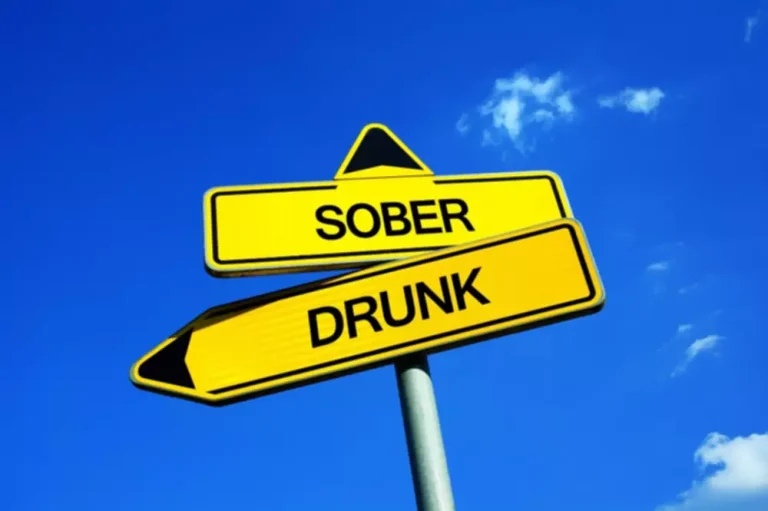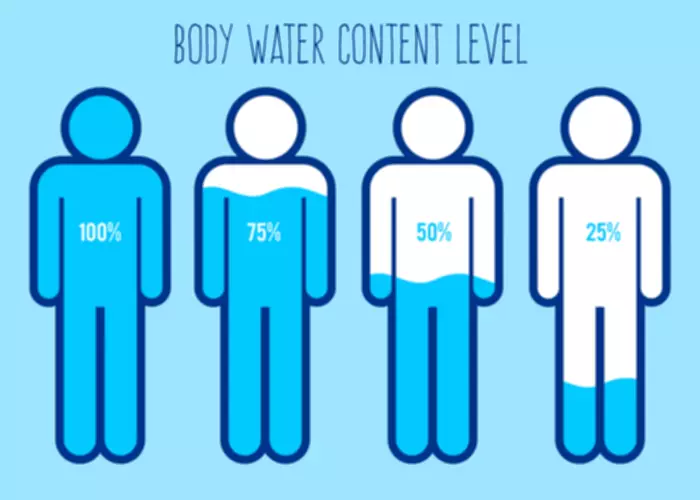Alcohol Withdrawal Delirium: Causes, Symptoms, and Treatment

They may be more noticeable when you wake up with less alcohol in your blood. If your doctor thinks you might be going through alcohol withdrawal, they’ll ask you questions about your drinking history and how recently you stopped. They’ll want to know if you’ve ever gone through withdrawal before. People who drink daily or almost every day should not be left alone for the first few days after stopping alcohol. Withdrawal symptoms can quickly go from a bad hangover to a serious medical situation. Remember you are facing a difficult challenge during alcohol withdrawal, but you are not alone.

What vitamins and supplements help with alcohol withdrawal?
However, try not to have too many firm expectations, as symptoms can continue for multiple weeks in some people. You may also receive other medications or treatments for related health issues, like IV fluids for dehydration and electrolyte imbalances or antinausea medicines if you experience vomiting. https://ecosoberhouse.com/ Each of these symptoms can increase in intensity depending on the severity of the withdrawal. Heavy alcohol use also depletes the body of vital electrolytes and vitamins, such as folate, magnesium, and thiamine. So, treatment may also include electrolyte corrections and multivitamin fluids.

International Patients
Delirium tremens is a life-threatening form of alcohol withdrawal. This condition is avoidable with professional medical guidance and specialized programs that help people who want to lower their alcohol intake or stop drinking entirely. Alcohol consumption spans a spectrum ranging from low risk to severe alcohol use disorder (AUD).
Medications for Alcohol Withdrawal Symptoms
- If alcohol is interfering with your health or your personal, financial, or professional life, consider quitting.
- Research shows that only a small portion of people with AWS require medical treatment.
- If you think you are experiencing severe alcohol withdrawal or DT, call your doctor or seek emergency services as soon as possible.
- A supportive friend or family member can help you in many ways during withdrawal.
Your insurance plan may cover some or all of the cost of alcohol detox. Our online health insurance verification system will estimate your in-network and out-of-network deductibles, coinsurance percentages and out-of-pocket maximums. Within 5 minutes, you’ll receive an email with these details – free of charge.

What Is Delirium Tremens?
But severe or complicated alcohol withdrawal can result in lengthy hospital stays and even time in the intensive care unit (ICU). Moderate drinking is officially defined as 1 drink or less per day for women and 2 drinks or less per day for men. However, if a person already has alcohol use disorder, they can help prevent some of the withdrawal symptoms by speaking to a doctor about safe withdrawal. Delirium tremens is a severe, life-threatening form of withdrawal that can happen when a person with alcohol use disorder suddenly stops drinking.

- There are no specific tests that can be used to diagnose alcohol withdrawal.
- For most people, alcohol withdrawal symptoms will begin sometime in the first eight hours after their final drink.
- Your CNS is on the other side of the rope pulling back by increasing its own activity to keep things running.
- People can partake in some natural remedies and activities to keep their minds occupied and help pass the time as withdrawal symptoms fade.
- However, you may find that your symptoms continue for longer, even up to a few weeks to months.
- It’s a dangerous but treatable condition that starts about 2-3 days after someone who’s dependent on alcohol suddenly stops drinking.
The symptoms of alcohol withdrawal relate proportionately to the level of alcohol intake and the duration of the person’s recent drinking habit. If you have withdrawal symptoms from drinking, then you have consumed enough alcohol to damage other organs. Your doctor will evaluate your usual diet and check for vitamin deficiencies because poor nutrition is common when someone is dependent on alcohol.

It’s crucial to consult a healthcare professional for a tailored treatment plan. Following alcohol cessation, alcohol withdrawal syndrome typically presents as minor symptoms such as mild anxiety, headache, gastrointestinal discomfort, and insomnia. This syndrome can further progress to severe manifestations, such as alcohol withdrawal delirium, which poses significant diagnostic and management challenges.
– Don’t go through withdrawal alone.
Alcohol withdrawal can range from very mild symptoms to a severe form, known as delirium tremens. They can be managed with prescribed medications such as benzodiazepines. Maintaining a calm and comfortable environment, staying hydrated and avoiding stimulants like caffeine is also helpful. If you have the shakes, medical intervention is typically necessary, as shakes can be a sign of more serious withdrawal complications.
- Because confusion is a key symptom of DTs, people with this condition can’t make informed choices about their care.
- Consider talking with someone who has had a problem with drinking but has stopped.
- A counselor can advise on ways to cope with the mental and emotional aspects of withdrawal.
- Still, some symptoms — often more severe — can set in after 2 to 3 days.
- This is alcohol withdrawal, and it causes uncomfortable physical and emotional symptoms.
Dangers Of Alcohol Withdrawal
- Alcohol, being a neurotoxin, disrupts the balance of these neurotransmitters in the brain, and its effects are what is referred to as intoxication.
- For delirium tremens, treatment in an intensive care unit (ICU) is often required.
- Furthermore, the risk of developing an AUD, which can lead to AWS, depends on how often, how quickly, and how much alcohol someone consumes.
- In addition to experiencing Stage 2 symptoms, those with severe alcohol withdrawal experience severe anxiety and moderate to severe tremors.
- It pulls you out of a reactive state of mind and into a proactive state, which can be a powerful tool in helping treat alcohol withdrawal.
Alcohol use disorder includes a level of drinking that’s sometimes called alcoholism. The exact timeline for alcohol withdrawal varies Cure for Alcohol Withdrawal Symptoms from person to person. It’s based on several factors, including how long, how much, and how regularly you have been drinking alcohol.
Alcohol Withdrawal Stages and Severity
Alcohol withdrawal syndrome can range in severity from mild to fatal, making it crucial for patients to present to care for evaluation of their symptoms. Patients who have had prior complicated withdrawals should not attempt to decrease their alcohol intake without consultation with their healthcare team. If a patient begins experiencing signs and symptoms of severe withdrawal, including but not limited to seizure, altered mental status, or agitation, they should seek emergency care immediately. When alcohol withdrawal syndrome has resolved, patients ought to be evaluated for AUD and offered treatment, if appropriate, including pharmacotherapy and behavioral treatment. Outpatient treatment may be available for mild-to-moderate symptoms of alcohol withdrawal; however, should symptoms become severe, inpatient care may be required.











